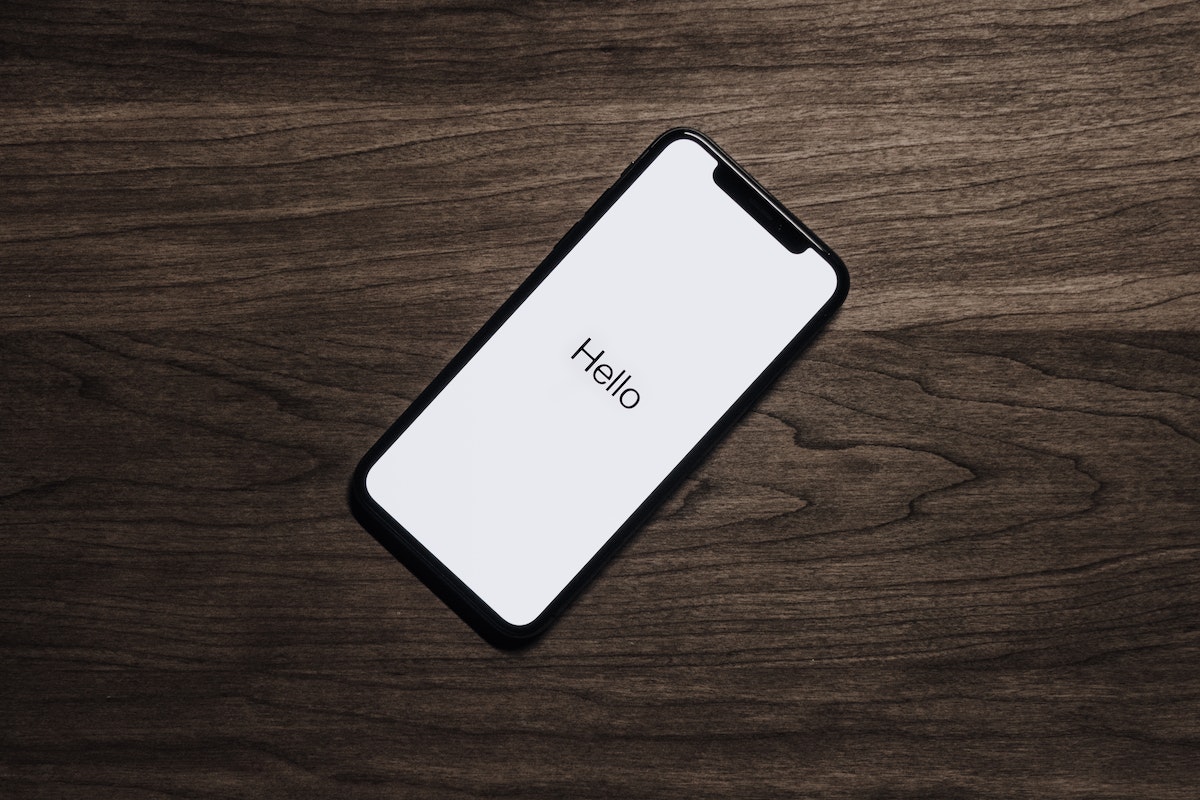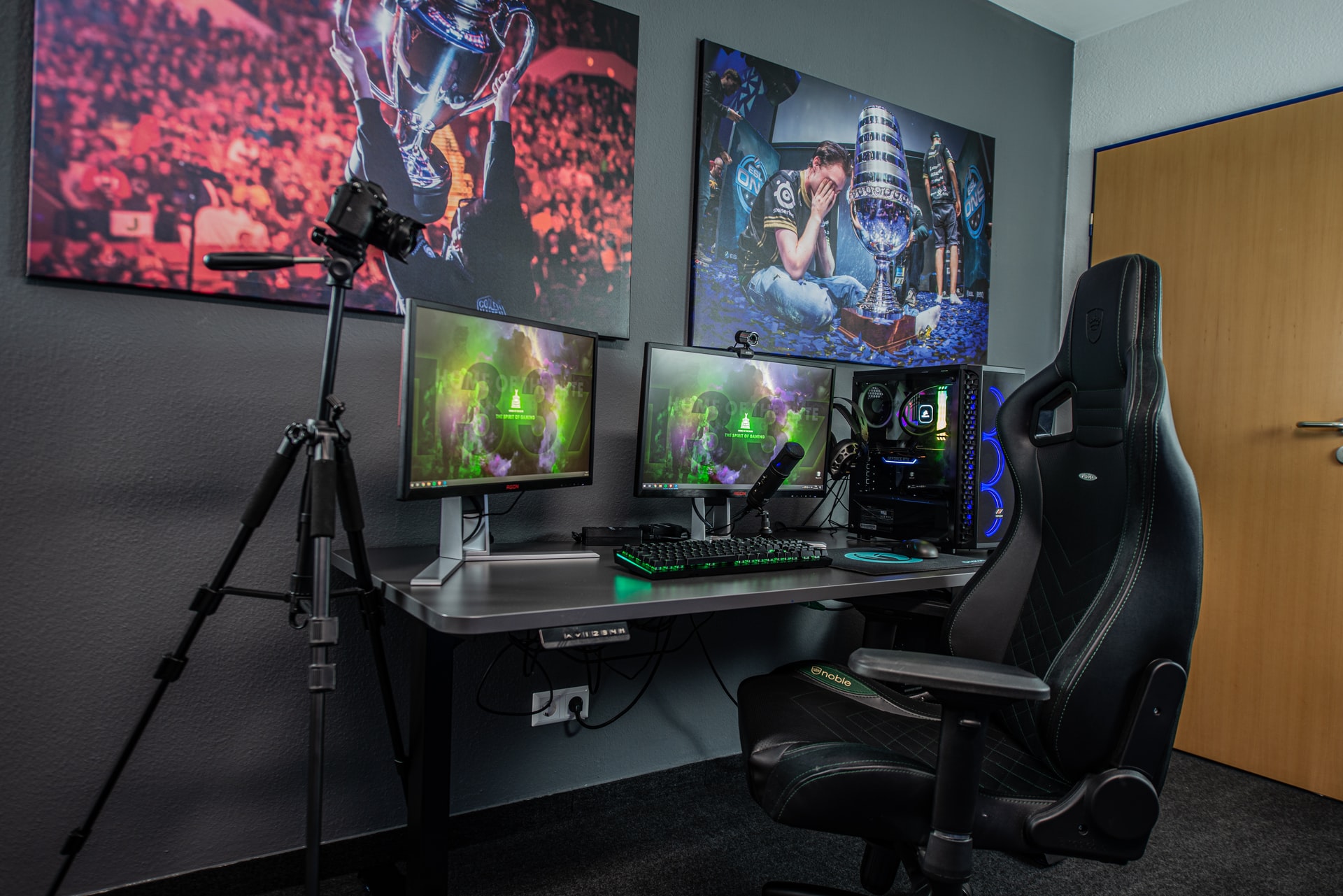Flowers have long been a universal language of emotion, capable of conveying messages of love, condolence, celebration, and friendship without uttering a single word. Whether it’s a single stem or a lavish bouquet, gifting flowers can express sentiments that sometimes words cannot fully capture. In this blog, we’ll explore the timeless tradition of flower gifting for all occasions—looking at not just the beauty and variety of flowers available but also the meanings behind them, how to choose the right flowers for each occasion, and tips on how to present them. Perfect for anyone looking to add a thoughtful touch to their gifts, this guide will help you navigate the floral landscape with ease and confidence.

Choosing the Right Flower Supplier
When planning to gift flowers, selecting the right supplier is as crucial as choosing the perfect bouquet. A reliable flower supplier not only offers a wide variety of fresh blooms but also ensures timely delivery, which is essential for preserving the sentiment behind your gift. Consider local florists who source ethically and support sustainable practices, whether it’s the Best Florist Toronto or New York City. You can also opt for online flower delivery services, which provide the convenience of browsing and ordering from the comfort of your home. This option is especially useful for long-distance gifting and time-sensitive occasions.
Understanding Flower Symbolism
Flower symbolism plays a pivotal role in selecting the perfect bouquet for any occasion. Different flowers and their colors carry unique meanings and convey specific messages. For instance, red roses are universally recognized as a symbol of love and passion, making them the ideal choice for romantic occasions. On the other hand, white lilies signify purity and are often used in memorials to honor a departed soul, conveying messages of peace and condolence.
Discovering the symbolism behind flowers can turn a simple gift into a deeply meaningful gesture. Tulips, with their variety of colors, represent perfect love, with each color bearing its meaning—red tulips for true love, and yellow tulips symbolizing cheerful thoughts. Similarly, daisies convey innocence and purity, making them suitable for celebrations of new beginnings, such as births and graduations.
Considering Occasion and Recipient
The significance of considering both the occasion and the recipient cannot be overstated when gifting flowers. The same bloom can symbolize different emotions based on the context in which it’s given. For instance, one of the best florists in Toronto says that while red roses are a classic choice for expressing love on Valentine’s Day, they might be less appropriate in a professional setting or for a casual acquaintance. Similarly, brightly colored flowers like sunflowers or gerberas can uplift spirits and are perfect for birthdays, while elegant orchids make a thoughtful gift for a housewarming or as a thank-you gesture.
Tips for Personalizing Arrangements
Personalizing flower arrangements adds a unique touch that can make your gift even more memorable. Whether it’s adding a handwritten note or incorporating the recipient’s favorite flowers, these small gestures can make a big impact. You can also consider adding special touches like incorporating meaningful objects into the bouquet, such as seashells for beach lovers or ribbon in their favorite color. These can differ from location to location so while a best Toronto florist might suggest adding maple leaves for a Canadian recipient, a florist in New York City may recommend incorporating the iconic yellow taxi.

Exploring Seasonal Options
Selecting flowers that are in season not only ensures the freshest blooms but also offers an eco-friendly and cost-effective gifting option. Seasonal flowers vary by region, so what might be readily available in the spring in one area could be different elsewhere. For instance, in early spring, tulips and daffodils are abundant and can add a burst of color and cheer, symbolizing new beginnings.
During summer, sunflowers and peonies come into their prime, offering vibrant colors and lush fragrances. Fall brings with it rich, warm tones found in chrysanthemums and dahlias, perfectly complementing the season’s aesthetics. Winter, though quieter in floral activity, still offers beautiful options such as amaryllis and poinsettias, which can brighten the colder months with their bold colors.
Selecting Arrangement Styles
Choosing the right arrangement style is as important as selecting the type of flower to match the sentiment you wish to convey or the occasion you’re celebrating. From the classic bouquet wrapped in elegant paper to more modern and avant-garde arrangements, the style can significantly impact the message and feel of your floral gift.
For traditional occasions such as anniversaries or expressions of love, consider classic arrangements that focus on roses or lilies, arranged in a symmetrical and structured manner, to convey a sense of timeless elegance. For more casual events, like birthdays or to simply brighten someone’s day, opting for a mixed bouquet with a variety of colors and types of flowers can add a playful and cheerful vibe.
Rustic arrangements featuring wildflowers and greenery are perfect for outdoor or countryside settings, exuding a sense of natural beauty and simplicity. For a more luxurious statement, consider an extravagant arrangement that incorporates exotic flowers and intricate designs, suitable for milestone celebrations or when you wish to make a grand gesture.
Budget-Friendly Floral Ideas
Gifting flowers doesn’t have to break the bank. With some creativity and planning, you can present beautiful floral arrangements without compromising on quality or meaning. One effective strategy is to choose locally-grown flowers, which are often less expensive than their imported counterparts due to lower transportation and storage costs. Another approach is to opt for simpler arrangements or single-flower bouquets, which can be just as impactful as more lavish designs. Flowers like carnations, chrysanthemums, and daisies offer both beauty and affordability, making them excellent choices for budget-conscious buyers.
Additionally, consider creating a mixed bouquet with a few premium flowers as focal points, complemented by more affordable blooms and foliage. This not only adds volume to your arrangement but also creates an interesting visual contrast. DIY arrangements are another great way to personalize your gift while managing costs. By purchasing flowers in bulk and arranging them yourself, you can offer a heartfelt and handcrafted present. Lastly, don’t overlook the power of presentation. A beautifully wrapped bouquet with a thoughtful note can elevate even the simplest arrangement, making it a memorable and cherished gift.
Gifting flowers is a timeless tradition that continues to be cherished and appreciated across all cultures and occasions. By selecting the right supplier, understanding symbolism, considering the occasion and recipient, personalizing arrangements, exploring seasonal options, selecting the right arrangement style, and implementing budget-friendly ideas, you can ensure that your floral gift conveys its intended message with beauty and grace.





















